PROTECT YOUR DNA WITH QUANTUM TECHNOLOGY
Orgo-Life the new way to the future Advertising by AdpathwayAnalysis of Recent Developments in NYC Mayor Race
House Speaker Mike Johnson’s response to House Minority Leader Hakeem Jeffries’ endorsement of Zohran Mamdani reveals a significant clash within the Democratic Party that could shape the political landscape heading into the 2024 elections. Johnson characterized Jeffries’ decision as an unyielding capitulation to far-left ideology. “Mamdani sympathized with Hamas! He called to seize the means of production… He wants to abolish borders, defund the police, legalize prostitution,” he declared, signaling a stark disapproval of the direction he believes the Democratic establishment is heading.
This endorsement adds to a growing narrative of intra-party conflict for Democrats. Johnson’s statement suggests that moderates and centrists have become marginalized in favor of a platform pushing for extreme measures. His assertion that “There is no longer room for centrists and moderates in the Democrat Party” encapsulates a fear—one felt not just by Johnson but echoed through many Republican ranks—that the party is moving sharply leftward.
Zohran Mamdani, a self-proclaimed democratic socialist, rose to notoriety through his progressive stance and grassroots support. His platform, focusing on issues like significantly raising taxes on the wealthy, ending cash bail, and advocating for tenant rights, is driving conversations beyond New York City. The endorsement itself, unveiled just before early voting began, reflects internal pressures Jeffries and other party leaders faced from activists pushing for alignment behind a candidate who embodies a more radical vision.
Johnson’s concern extends beyond Mamdani’s policies. He warns that this endorsement, seen as a bellwether, could reverberate through the party and impact national politics in deeper ways. “That leader, and all the other Democrats, will co-own the consequences of what they do to America’s largest city,” Johnson added, suggesting that the implications of this candidacy are as much about governance as they are about electoral outcomes.
Furthermore, Mamdani’s controversial remarks regarding Palestine have sparked considerable backlash, particularly among Jewish leaders who feel his statements signal an inability to clearly denounce inflammatory language against Israel. This conflict indicates wider implications—not just for Mamdani’s campaign but for the Democratic Party’s ability to unify its base while appealing to a broader electorate.
As Republican leaders like Steve Scalise warn of Mamdani’s socialist agenda, the GOP is already leveraging the endorsement to reshape the narrative around the Democratic Party in swing districts. Polling data from the National Republican Congressional Committee indicates that perceptions of Mamdani are largely negative among key voter demographics, suggesting the potential for this issue to resonate in upcoming races.
Notably, Chuck Schumer’s reluctance to endorse Mamdani highlights fractures within the party. This ambivalence illustrates the challenge Democrats face in maintaining a cohesive message as they grapple with a diverse array of ideologies. Meanwhile, former Governor Andrew Cuomo’s independent campaign aims to capture moderates, further underscoring the ideological rift caused by Mamdani’s nomination.
The timing and nature of Jeffries’ endorsement appear strategically chosen, yet they carry risks. With increasing polarization, Republicans are poised to use this moment as leverage in debates regarding federal funding and urban policy. One Republican aide’s observation that “Hakeem just made it easier to say no” underscores this strategic positioning.
Polling data reveals a generational divide. While younger Democrats may view socialism favorably, broader public sentiment remains skeptical, with only 24% of Americans overall holding a positive view. This disconnect presents a significant obstacle for Democrats as they prepare for crucial contests in battleground states.
Amidst this turbulence, Mamdani’s campaign appears resilient. In his defenses, he frames criticism as evidence of his campaign’s potency. “They’re scared,” he commented, claiming his proposals advocate for the working class and challenge existing power structures. How effectively this framing resonates outside New York remains uncertain.
In summary, Speaker Johnson’s emphatic critique of Jeffries’ endorsement sheds light on broader ideological battles within the Democratic Party, illustrating a potential fracture that could have far-reaching consequences. The coming months will be critical as candidates navigate these debates and voters weigh their choices in a climate marked by sharp divisions.
"*" indicates required fields


 1 day ago
3
1 day ago
3

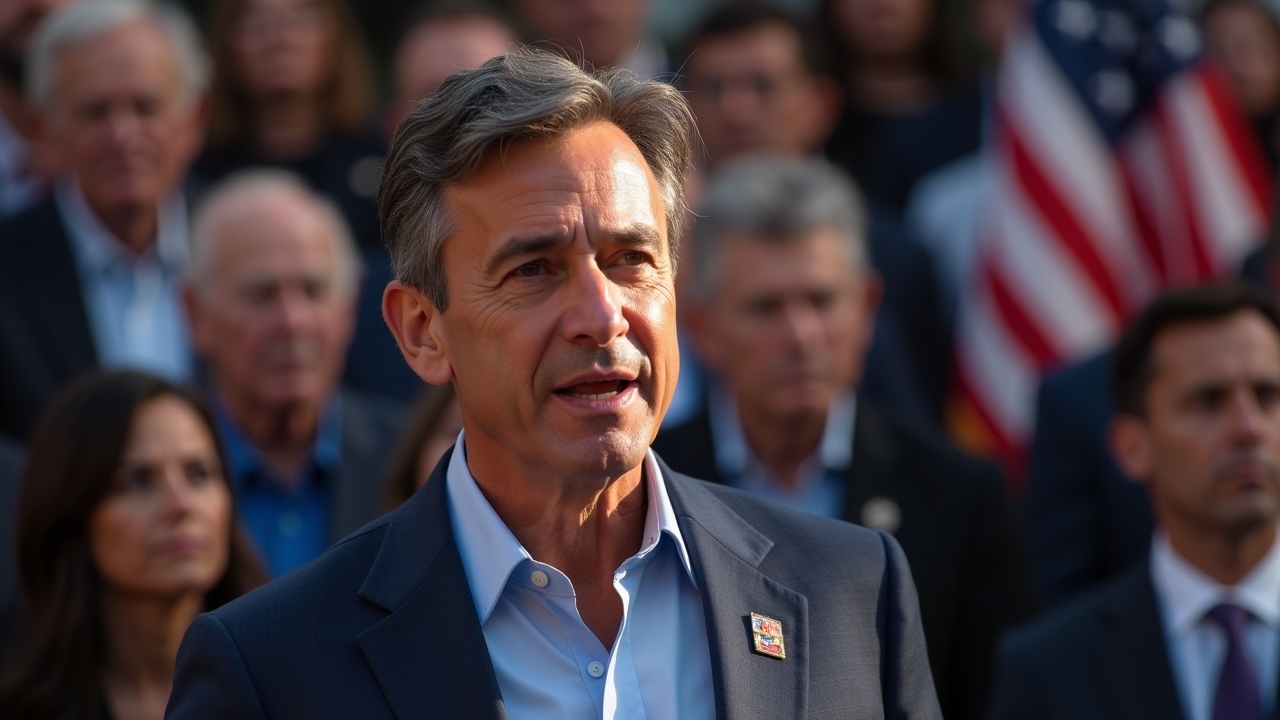
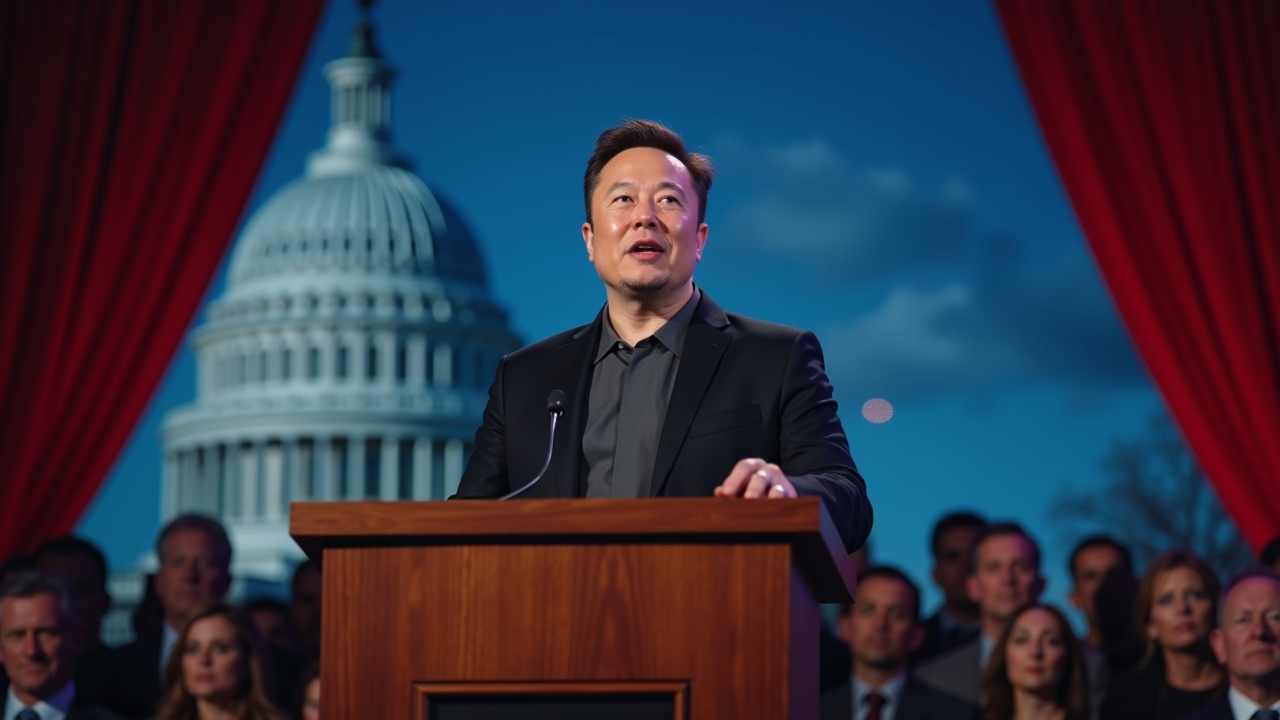
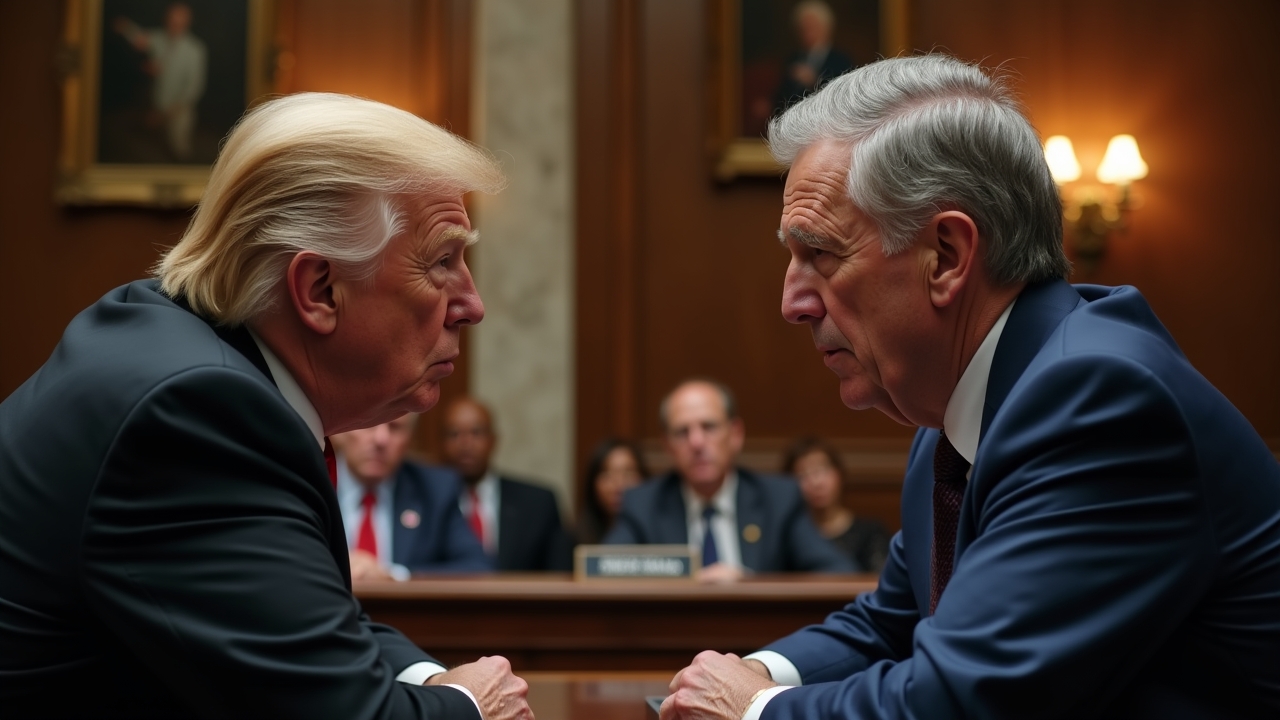
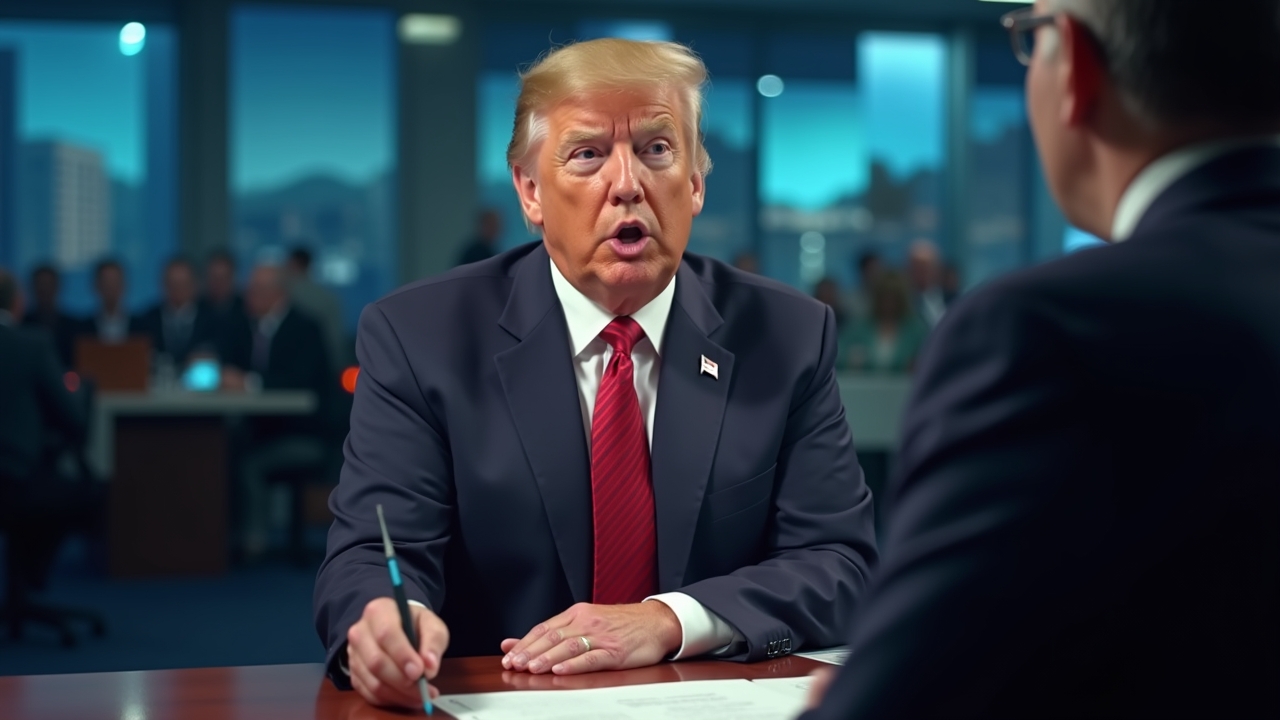
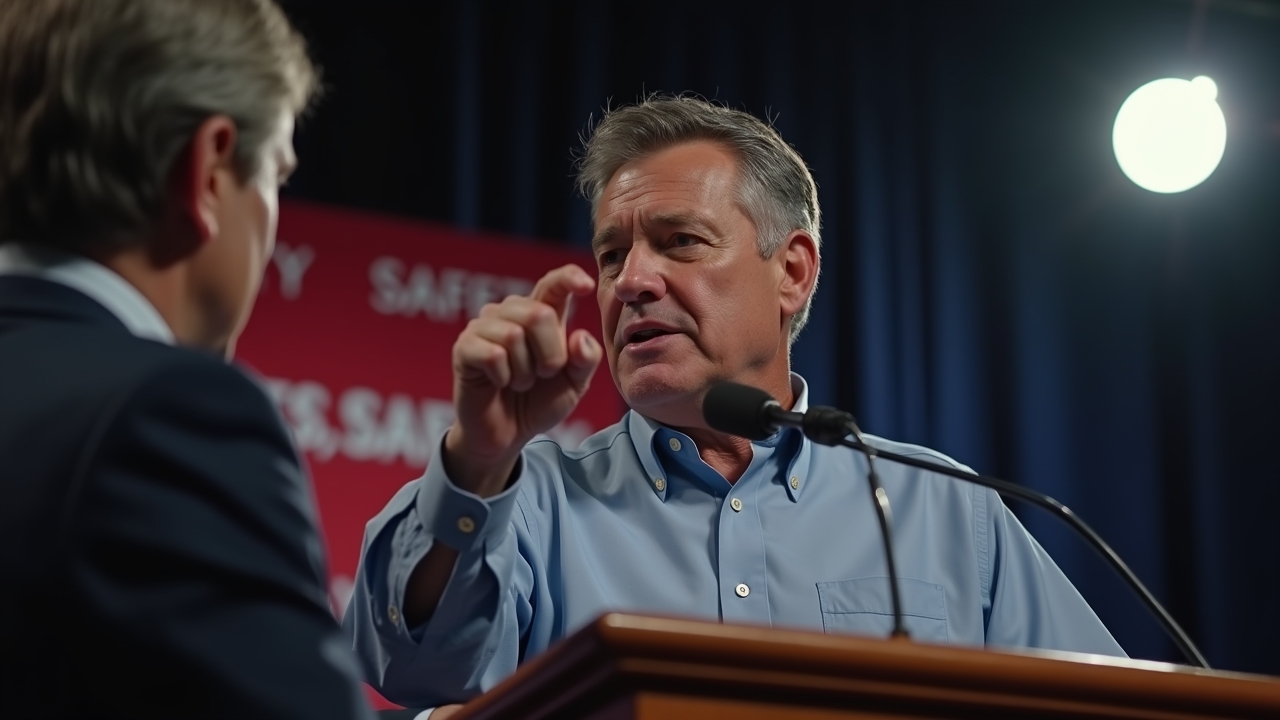

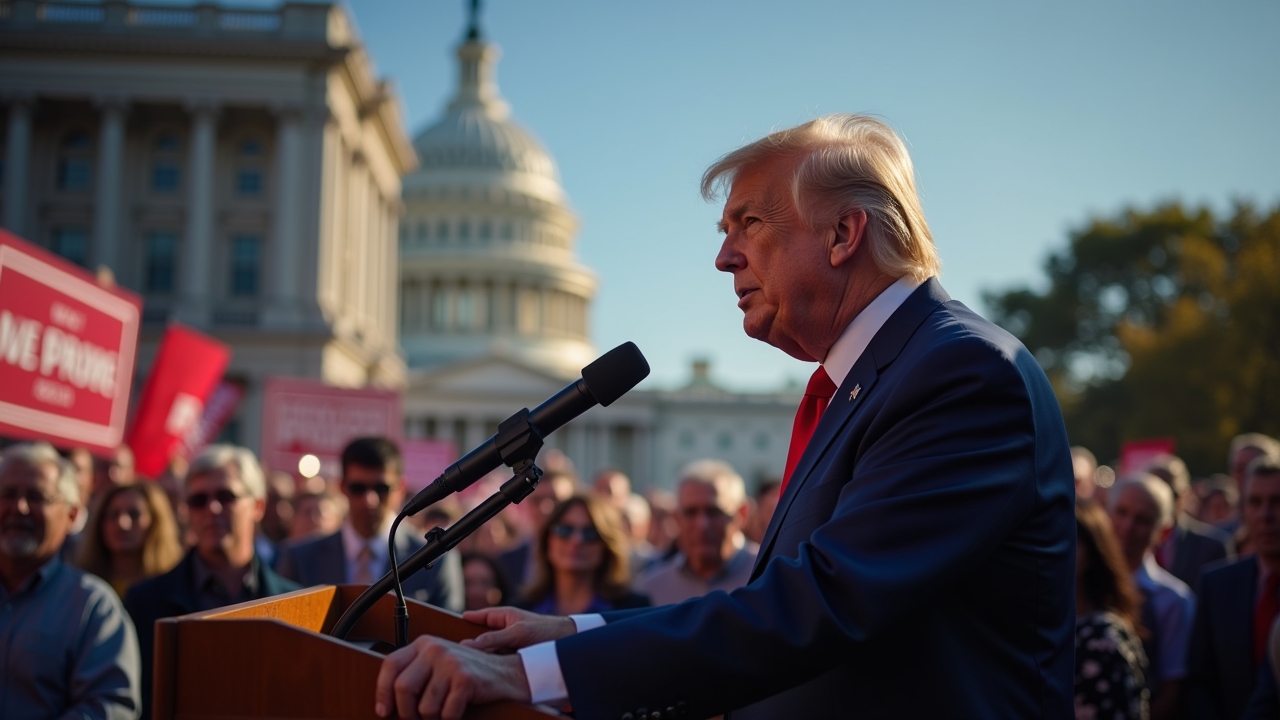










.jpg)






 English (US) ·
English (US) ·  French (CA) ·
French (CA) ·